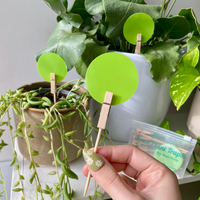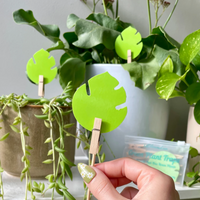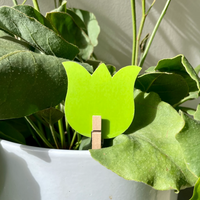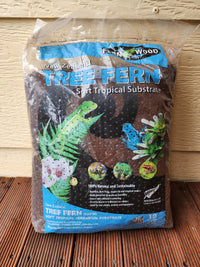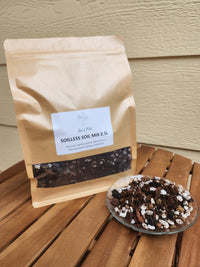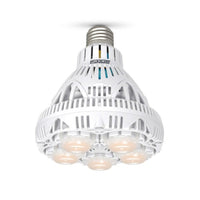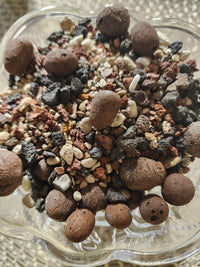Sharing your home with a furry friend can bring endless joy, but it also adds a layer of consideration when it comes to decorating. Indoor plants add life and beauty to a space, but many common varieties can be toxic if ingested by curious pets. Fear not, plant-loving pet parents! There are a variety of stunning and safe options to create your own indoor jungle without risking your pet's health.

Choosing the Right Plant:
- Do your research: Before bringing any new indoor plant home, be sure to research its toxicity level for both cats and dogs. The ASPCA website offers a comprehensive list of toxic and non-toxic plants https://www.aspca.org/pet-care/animal-poison-control/toxic-and-non-toxic-plants
- Consider your pet's personality: If your pet is particularly curious or prone to chewing, opt for hanging plants or place them on high shelves to deter nibbling.

Safe and Stylish Plant Picks:
- Air Plants (Tillandsia): These unique, low-maintenance plants require no soil and can be displayed creatively, making them ideal for hanging or placing on high shelves.
- Spider Plants (Chlorophytum comosum): These classic, beautiful, cascading plants are not only easy to care for, but they're also safe for curious pets.
- Ponytail Palms (Beaucarnea recurvata): This architectural wonder adds a touch of the tropics to your home and is perfectly safe for furry friends.
- Snake Plants (Sansevieria): These low-light tolerant plants are known for their air-purifying properties and are non-toxic to pets.
- Boston Ferns (Nephrolepis exaltata): These elegant ferns add a touch of whimsy and are safe for both cats and dogs.
Keeping Your Plants and Pets Safe:
- Provide enrichment: Offer your pet plenty of appropriate chew toys and scratching posts to redirect their attention away from your plants.
- Supervision is key: When introducing new plants, keep an eye on your pet and distract them with other items if they show any interest in nibbling.
- Bitter apple spray: As a last resort, apply a non-toxic bitter apple spray to deter chewing, but be aware it might not work on some pets.

Beyond the List:
Remember, even non-toxic plants can cause stomach upset if ingested in large quantities. If you notice your pet showing signs of illness after ingesting any plant material, consult your veterinarian immediately.
With a little planning and the right plant choices, you can create a beautiful and thriving indoor jungle that's safe for your entire furry family.
For all your gardening needs, explore our one-stop shop – your ultimate destination for quality soil, top-notch pruning tools, and a plethora of expert resources.


